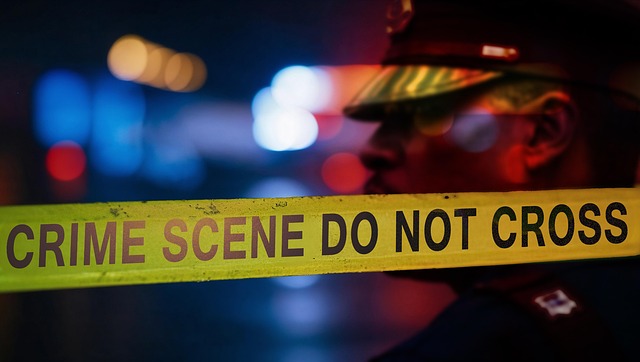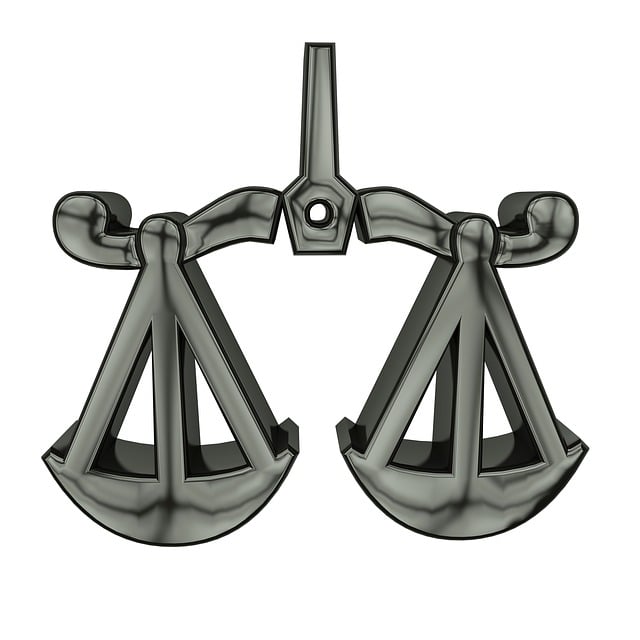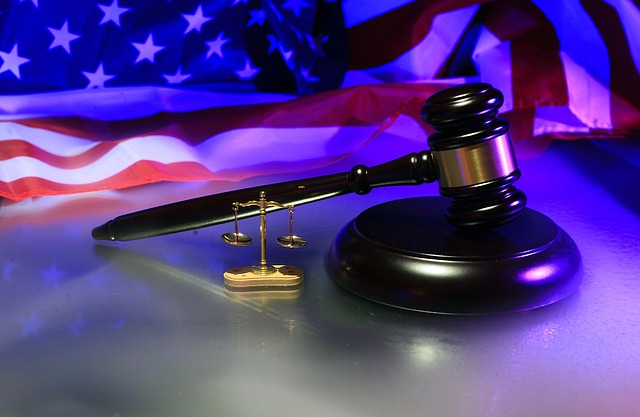Strategies to Contest Witness Credibility in Trials are vital for achieving justice in criminal cases. Attorneys use cross-examination to expose biases, financial interests, or prior statements contradicting witness testimony. Rigorous evaluation strengthens cases and ensures a fair trial process by scrutinizing every evidence point, ultimately aiming to protect the rights of the accused and maintain legal system integrity.
In the intricate dance of criminal law enforcement, understanding witness credibility assessments is a game-changer. This article delves into the art of evaluating witness reliability, offering insights on effective cross-examination strategies. We explore challenges and defenses against discrepancies in witness testimony, equipping professionals with tools to contest credibility in trials. By mastering these techniques, legal practitioners can navigate complex cases, ensuring justice is served with precision and integrity. Discover actionable strategies to enhance your approach to witness credibility assessments.
- Understanding Witness Credibility Assessments
- Cross-Examining Witnesses: Effective Strategies
- Challenges and Defenses in Witness Testimony Discrepancies
Understanding Witness Credibility Assessments

In any criminal trial, witness credibility assessments play a pivotal role in shaping the outcome. Jurors and judges alike must carefully evaluate the testimonies of witnesses to ensure their veracity. This process involves scrutinizing various factors, such as the witness’s motivation, consistency in statements, and ability to recall events accurately. Understanding these evaluations is crucial for a robust general criminal defense strategy, enabling lawyers to mount winning challenging defense verdicts across the country.
Effective strategies to contest witness credibility include cross-examining witnesses about any inconsistencies or biases in their testimonies. Defense attorneys can also present alternative explanations for the evidence, highlight potential motivations for false testimony, and question the reliability of recollections based on the passage of time or other factors. By employing these tactics, defense teams aim to cast doubt on the witness’s credibility, ultimately helping to secure more favorable outcomes for their clients in trials across the nation.
Cross-Examining Witnesses: Effective Strategies

In cross-examining witnesses, attorneys play a crucial role in unraveling the truth and achieving extraordinary results in trials, especially high-stakes cases with an unprecedented track record. Effective strategies are essential to contest witness credibility, ensuring every detail is scrutinized for potential inconsistencies or biases. One powerful approach involves delving into the witness’s background and motives, revealing any potential influences that might affect their testimony. This can include questioning personal biases, financial incentives, or prior statements that contradict their current account.
By employing these strategies, legal professionals can effectively challenge the reliability of witness testimonies. They can highlight contradictions, inconsistencies, or gaps in memory, leaving jurors with a more nuanced understanding of the evidence. This tactic not only strengthens the defense or prosecution’s case but also ensures a fair trial process, where every piece of evidence is rigorously evaluated.
Challenges and Defenses in Witness Testimony Discrepancies

In criminal trials, witness testimony discrepancies can pose significant challenges to law enforcement agencies and legal teams alike. Strategizing to contest witness credibility is paramount in navigating these complexities. Accurately evaluating a witness’s reliability is crucial for achieving just outcomes. Legal professionals employ various tactics to counter potential biases or inconsistencies that may undermine the case, focusing on ensuring fairness throughout the judicial process.
One key strategy involves rigorous cross-examination, where attorneys scrutinize every detail of a witness’s account. This method aims to expose any contradictions, gaps in memory, or motivations for altering their testimony. Additionally, presenting alternative explanations or evidence can help demonstrate that a witness’s recollection may be less than precise. Ultimately, these strategies seek to avoid indictment and work towards achieving a complete dismissal of all charges, serving as a safeguard for the rights of those accused, while upholding the integrity of the legal system.
In conclusion, effectively contesting witness credibility is a cornerstone of successful criminal law enforcement. By understanding the nuances of assessment, employing strategic cross-examination techniques, and navigating the challenges posed by discrepancies, legal professionals can ensure fair trials and just outcomes. These strategies to contest witness credibility in trials are essential tools for any advocate seeking to protect their client’s rights within the legal system.






